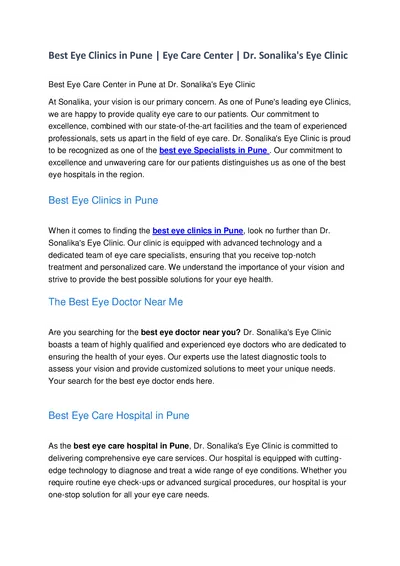PPT-INTEGRATION IN DEMENTIA CARE
Author : ellena-manuel | Published Date : 2018-10-30
A carers perspective Barbara Pointon MBE Former carer Ambassador for Alzheimers Society amp Dementia UK barbarapointonname Malcolm in 1992 aged 51 just after
Presentation Embed Code
Download Presentation
Download Presentation The PPT/PDF document "INTEGRATION IN DEMENTIA CARE" is the property of its rightful owner. Permission is granted to download and print the materials on this website for personal, non-commercial use only, and to display it on your personal computer provided you do not modify the materials and that you retain all copyright notices contained in the materials. By downloading content from our website, you accept the terms of this agreement.
INTEGRATION IN DEMENTIA CARE: Transcript
Download Rules Of Document
"INTEGRATION IN DEMENTIA CARE"The content belongs to its owner. You may download and print it for personal use, without modification, and keep all copyright notices. By downloading, you agree to these terms.
Related Documents














